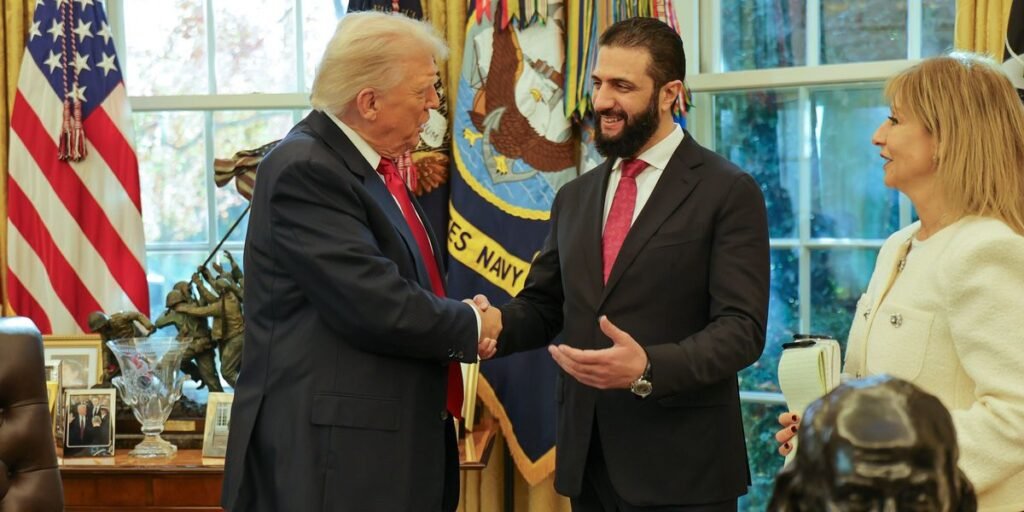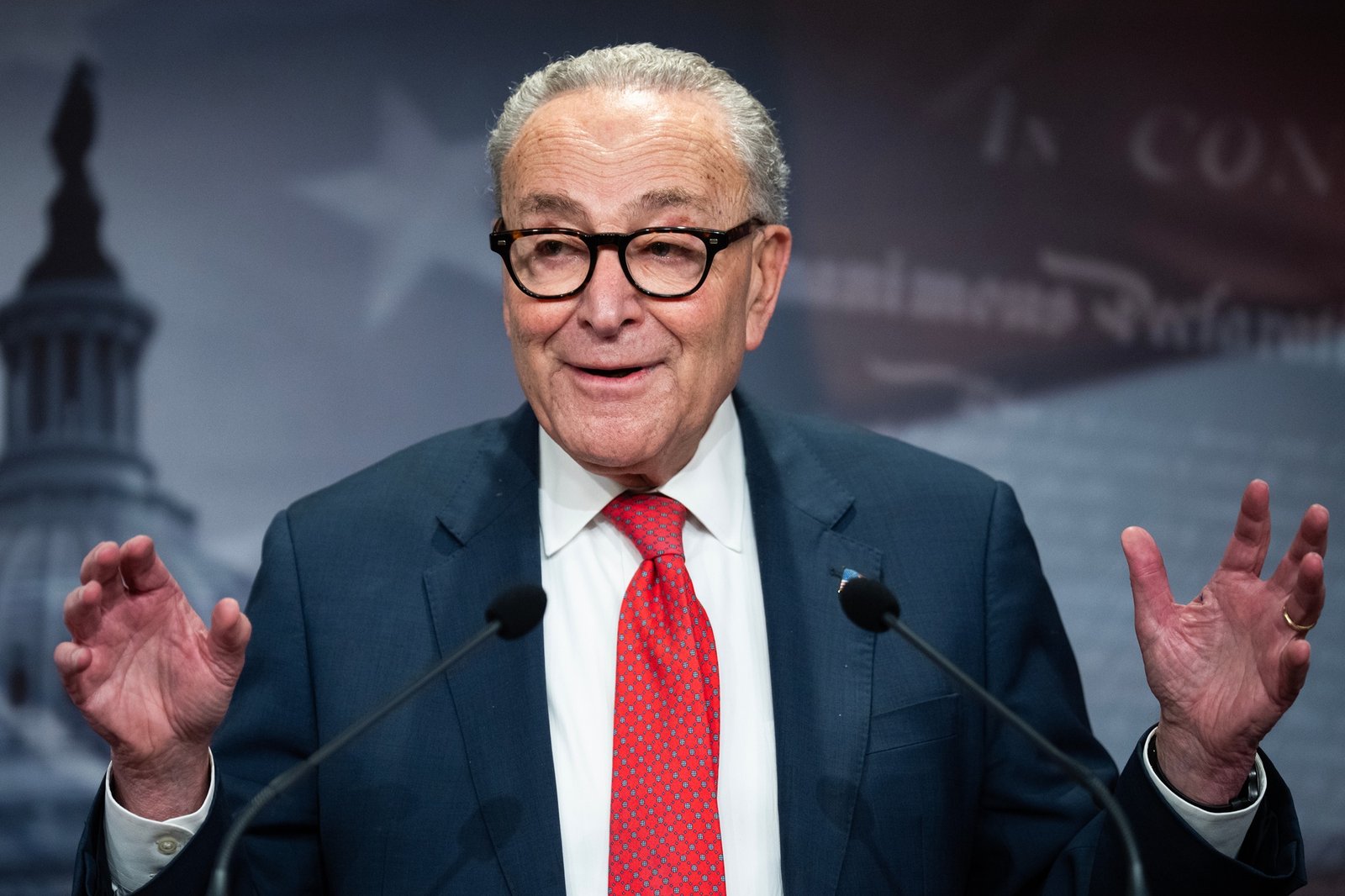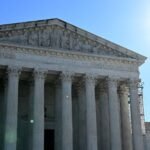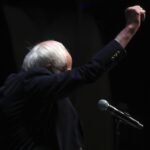Now Reading: Man cleared of assault charges for throwing sandwich at agent
-
01
Man cleared of assault charges for throwing sandwich at agent
Man cleared of assault charges for throwing sandwich at agent

Article Summary
Prosecutors contended that Dunn’s actions constituted interference with law enforcement, referencing body camera footage where he indicated a desire to distract officers from their duties. Prosecutor Michael DiLorenzo argued that Dunn’s freedom of speech did not extend to physically assaulting someone, even with a sandwich, emphasizing that his actions crossed a legal line. Lairmore described how Dunn’s agitation raised concerns among officers on the scene, highlighting the perceived threat he posed.
The incident occurred against a backdrop of broader debate surrounding Trump’s policy of deploying increased law enforcement in Washington, which was marked by a perceived rise in crime and subsequent public dissatisfaction. In the wake of Dunn’s actions, some in Washington criticized the federal response to crime as overly aggressive and militarized. The trial concluded with Dunn’s acquittal, marking another setback for Trump’s Justice Department amidst ongoing scrutiny and resistance within the D.C. community.
In summary, Dunn’s case reflects not only a singular legal issue but also the complex tensions surrounding law enforcement in a politically charged environment. His acquittal could be seen as indicative of the broader public sentiment regarding police presence and governmental authority in the capital, particularly during a time of intensified scrutiny on law enforcement practices under the Trump administration.












